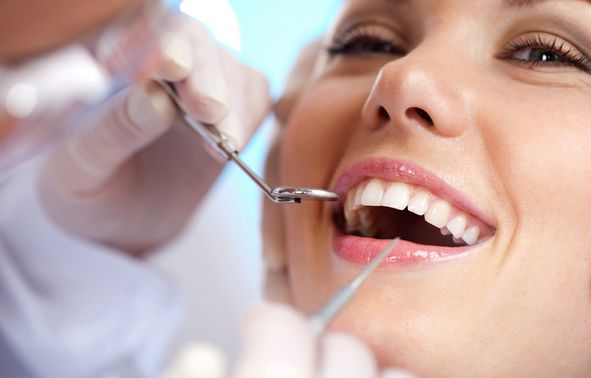-
shonta posted an update 9 years, 5 months ago
When you consider going to the dentist, are you currently filled with a deep sense of fear? Are you finding it impossible to even make an appointment? Will you be frightened and overly emotional during dental visits? Should you answered yes for your of such questions, you’re not alone. Up to 20% in the general population in industrialised nations report some amount of dental anxiety, an irrational fear that leads on the avoidance of seeking dental care wherein contact the dentist elicits an immediate and often intense anxiety response.

Dental anxiety is not any joke. To be a common phobia, this issue can certainly create wide range of distress which enable it to need a direct effect on other aspects of your health. Obviously, without right dental hygiene your teeth’s health could be vulnerable, but dental phobics also often spend a disproportionate time frame either contemplating their teeth’s health or trying not to ever contemplate it. So what causes dental phobia? In truth, there is a wide range of factors that bring about this common fear.Understandably, a number of people develop anxiety as a consequence of experiences of pain, gagging, or some other negative responses in past dental visits. Fear of needles, concern about embarrassing yourself while you’re watching dentist, as well as the sounds manufactured by dental equipment can bring about anxiety. Yet, regardless of root cause of your respective dental fears, there are solutions.
Beating dental anxiety may involve psychological, technical, or medications. When attempting to overcome your fears, it’s always imperative that you involve your dentist in the operation. The type in the dental environment and communication between both you and your dental professionals are a great place to start to quell your concerns. Sometimes patients respond well to earning the dental environment more comfortable by removing unnecessary equipment through the room, minimizing background noise, and providing a distraction for instance a TV or music. Most importantly, you ought to be certain to engage with your dentist about how exactly you really feel and conditions trigger anxiety.
Specifically, psychological techniques such as desensitization and also other behaviour management techniques are often very helpful. Short preliminary visits where your dentist introduces tools and techniques gradually will help some patients overcome their dental anxiety. Also, sedation is a very effective technique of the extremely anxious. When adjustments to the planet, communication, and psychological techniques are ineffective, sedation helps patients become relaxed; and intravenous sedation might be especially useful to ensure people are completely under which enable it to receive more time-consuming and hard treatments.
Finally, advances in dental technology can be employed to put the patient confident. Drills and also other hand-held dental items are quieter than they used to be, and several of such tools even give patients control to avoid the drill or hand-piece whenever their anxiety begins to escape control. Moreover, as dental procedures advance, they decrease invasive driving them to more acceptable to individuals with dental anxiety.
For details about dentist advice just go to our web portal

Caitlin Trafton
New Media 2015